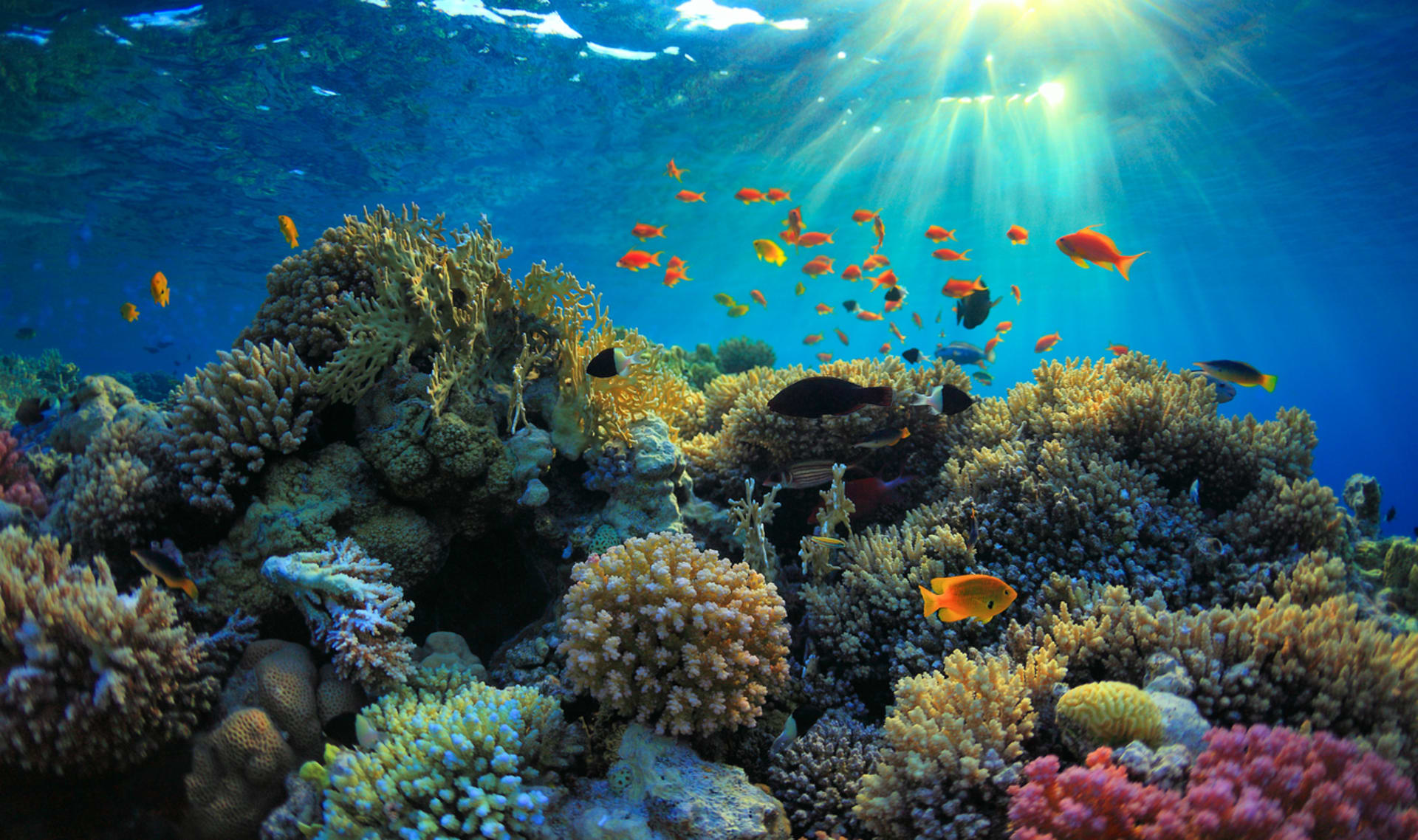Use a biodegradable sunscreen like Aethic which produces a triple-filter eco-compatible sunscreen. Through civic and political engagement you can help shape your community in ways that reduce negative impacts on coral reefs.
 How Students Are Helping To Save Coral Reefs
How Students Are Helping To Save Coral Reefs
If we rally together the same way we did 50 years ago our collective efforts can encourage our leaders industries and the world to take action to save coral reefs and our planets other vital ecosystems.

How can we save coral reefs. For example try to reduce your carbon footprint as much as possible. Here are some simple effective actions you can take to help save coral reefs and the fish animals and plants that depend on them. Practice general conservation.
Talk with dive shops hotels and other types of coastal stores about how they are trying to help save the coral reef. Energy efficient light bulbs reduce greenhouse gas emissions. I hope to see you there.
Check sunscreen active ingredients. Grottoli said the society based the pledge on specific and attainable actions that everyone could take to help protect coral reefs. Contact with the reef will damage the delicate coral animals and anchoring on the reef can kill corals so look for sandy bottom or use moorings if available.
Stirred-up sediment can smother corals. Avoid touching reefs or anchoring your boat on the reef. But communities cities large institutions companies and nations have the power to make broad impacts impacts.
When Visiting Coral Reefs. Coral reefs are damaged when the general environment around them declines. If you dive dont touch.
Individual efforts are just one part of the web of solutions needed to fight coral reef decline. Join our efforts to plant and restore corals in the Caribbean Mexico and Micronesia. Practice safe and responsible diving and snorkeling.
Maybe try a less carbon-intensive diet or go on a shopping strike fast fashion has more to do with this than you might think. Educating yourself and others about the threats to coral reefs and the best ways to protect them. When snorkelling or diving on the reef be mindful of kicking too much as fins can damage coral.
Coral reefs and people are intrinsically linked. Dr Daniel Harrison is a former civil engineer turned oceanographer based at Sydney Universitys Marine Studies Institute. Sharing the pledge with others.
When you are visiting the ocean look around the shops and other establishments in the city or town. In 2017 he became a Myer Innovation Fellow for his work on preventing coral bleaching by brightening marine clouds brighter clouds reflect more sunlight into space thus cooling the reefs below. So you can help protect coral reefs simply by leading a more sustainable lifestyle.
Nevertheless much more aggressive action and education from the top down to grassroots efforts to achieve a carbon-neutral planet are required to protect coral reefs. Climate change is one of the leading threats to coral reef survival. Acidification which occurs as seawater absorbs CO2 from the atmosphere reduces the amount of carbonate available for corals.
Corals can recover but the process stresses and may kill them. For example scientific research has demonstrated that reefs need a precautionary threshold of roughly 30 percent live coral cover to secure growth and at least 500-600 kilograms per hectare of. Support the Right Businesses.
They are also the foundation of many cultures and contribute to the well-being of societies. Choose an eco-friendly sunscreen. Coral reefs are alive.
Rising sea temperatures and increased acidification mean that vivid coral reefs as we know them could be entirely wiped out within decades. Participating in local actions like beach cleanups and fundraisers that support coral reefs. Here is a look at 35 ways that you can help limit the destruction of our coral reefs.
A lot of sunscreens include harmful chemicals that can damage coral. Saving coral reefs through nature-based solutions. Below are lifestyle changes that anyone can adopt that can make a difference for the health of our coral reefs.
Well be sharing more about how we can save coral reefs together during our Earth Day webinar on April 22 nd. And there are many many things you can start doing today to help the coral reefs. Otherwise were just.